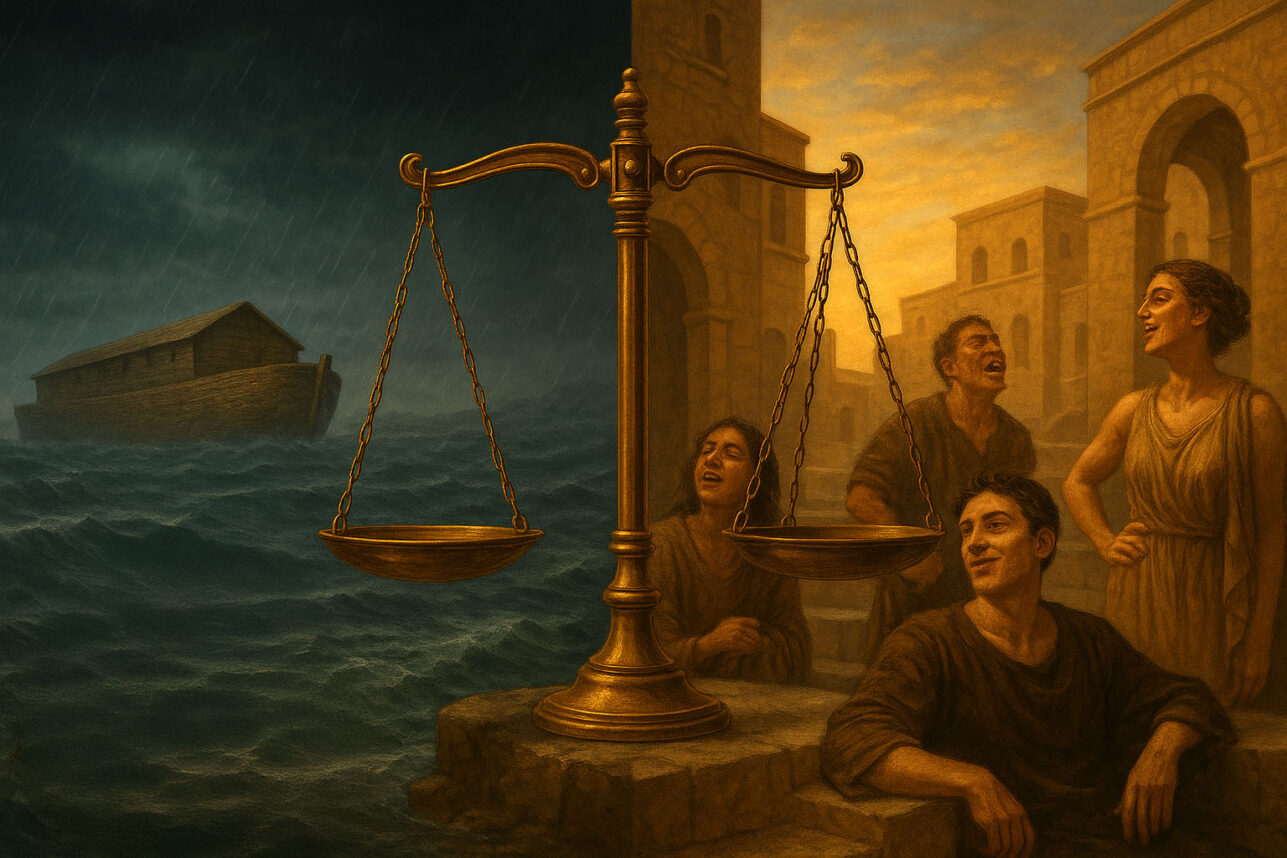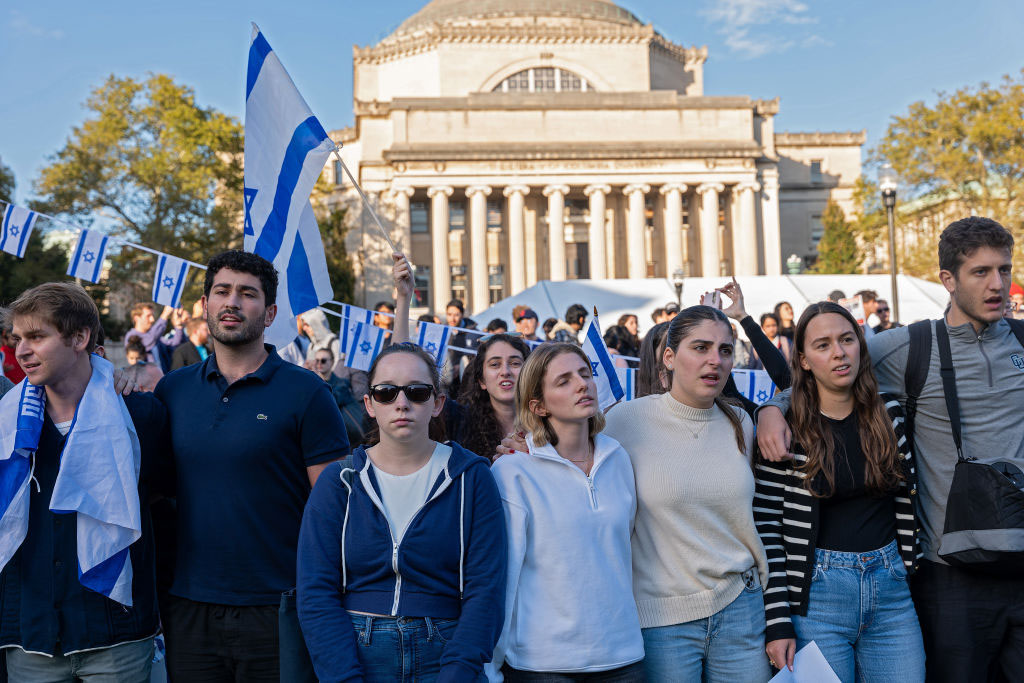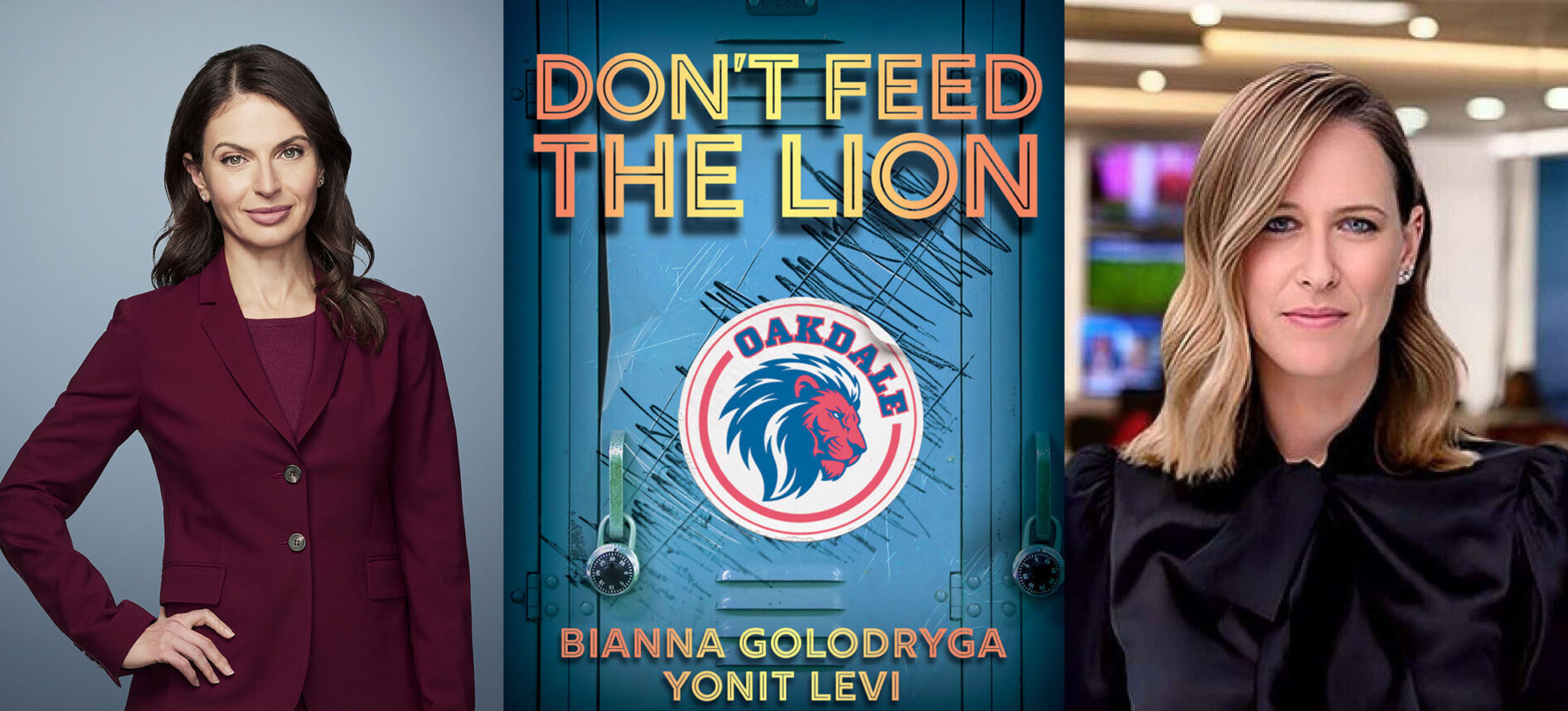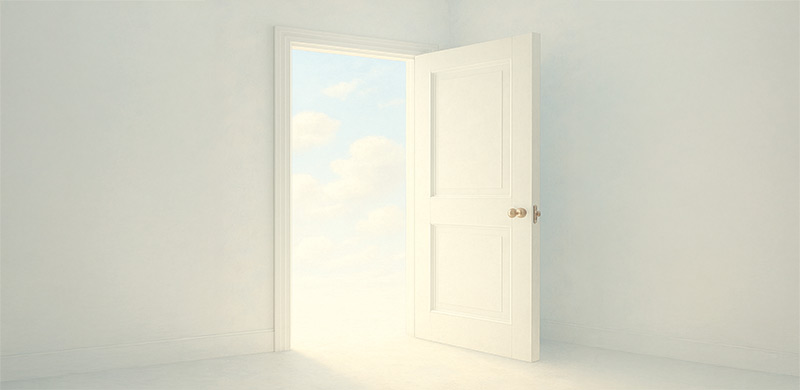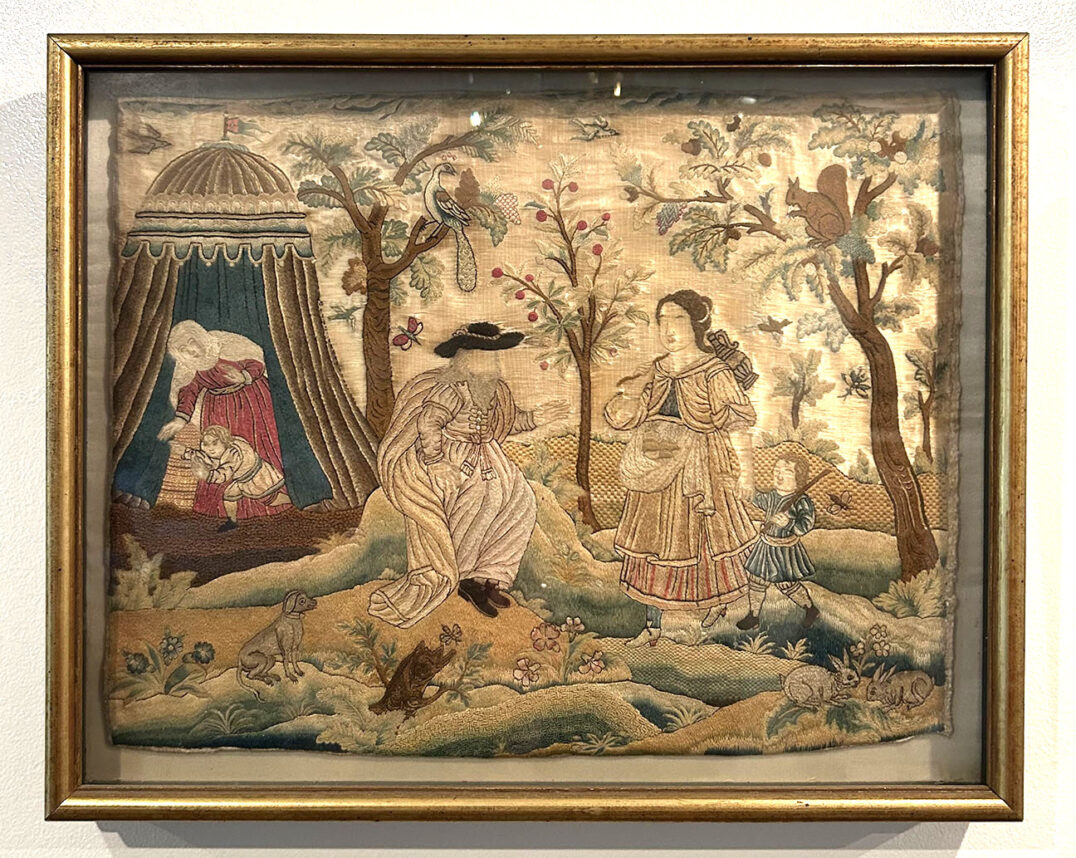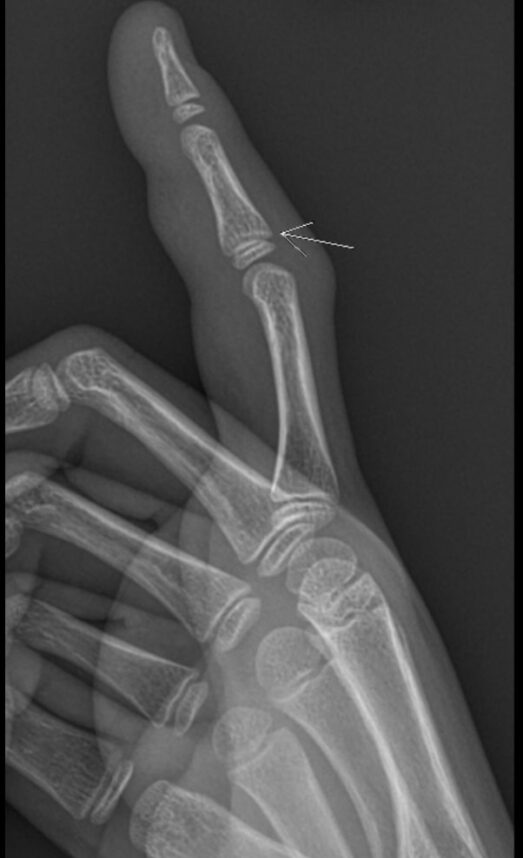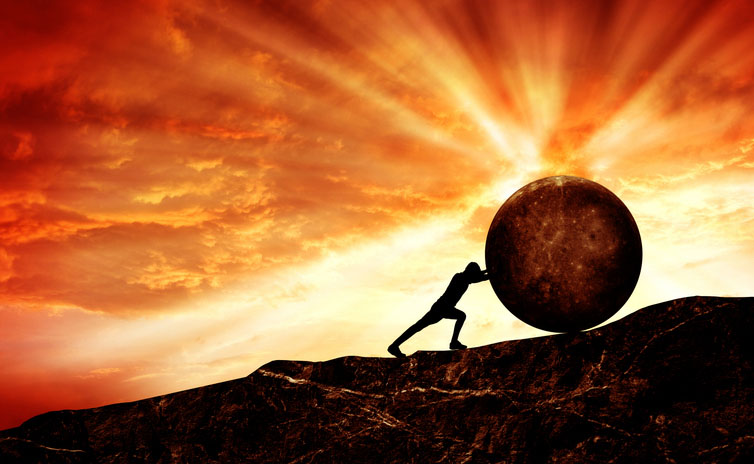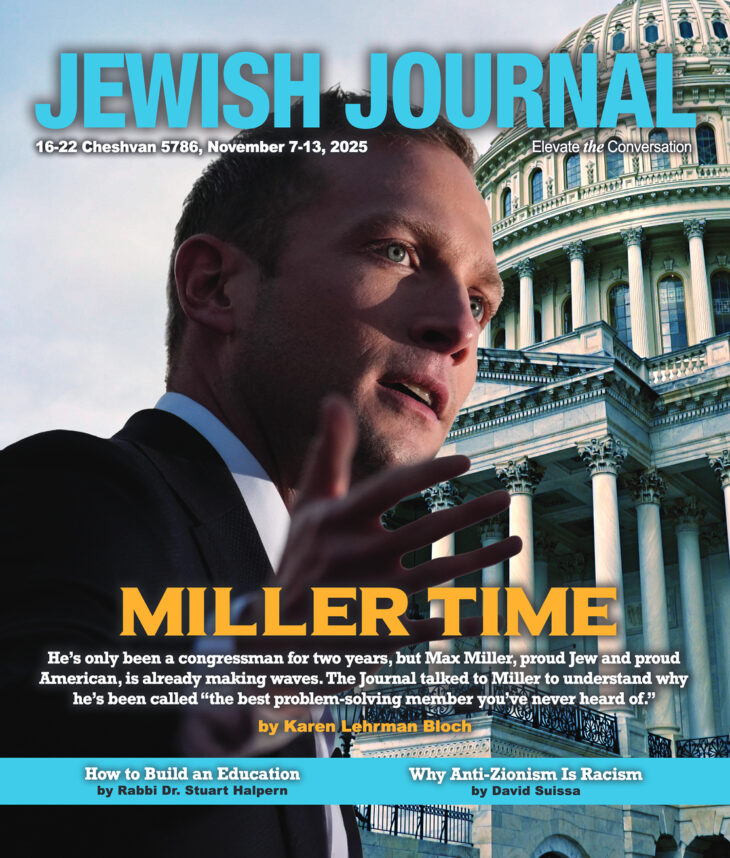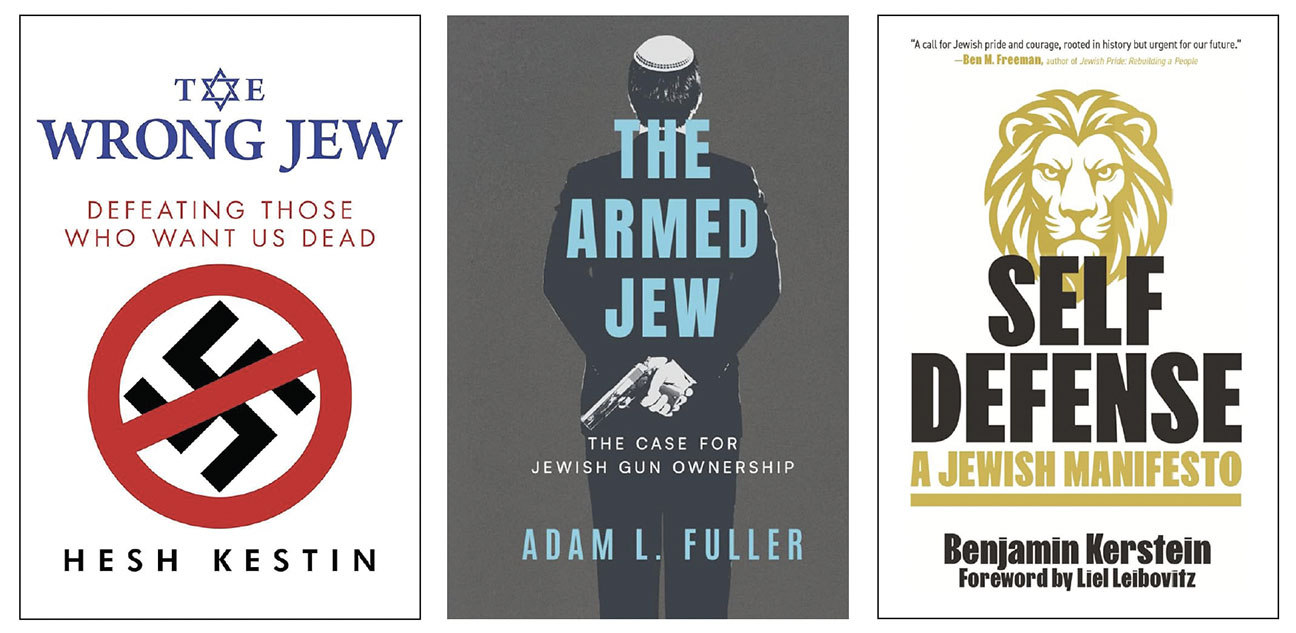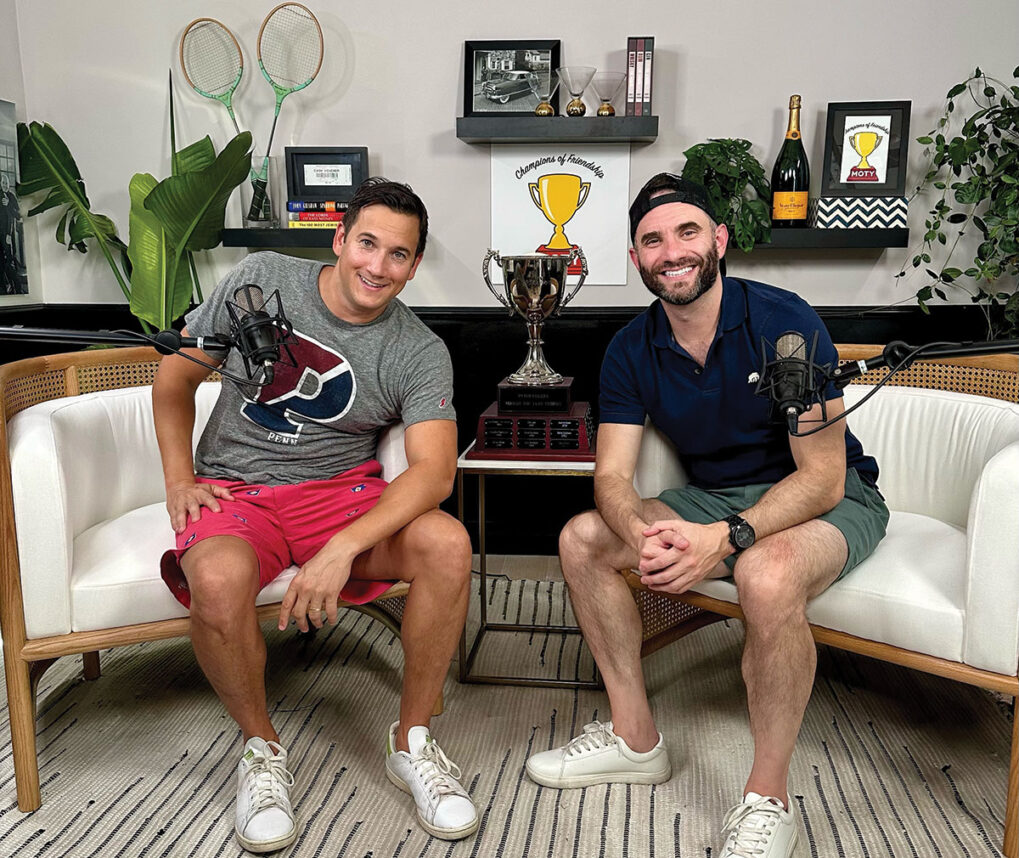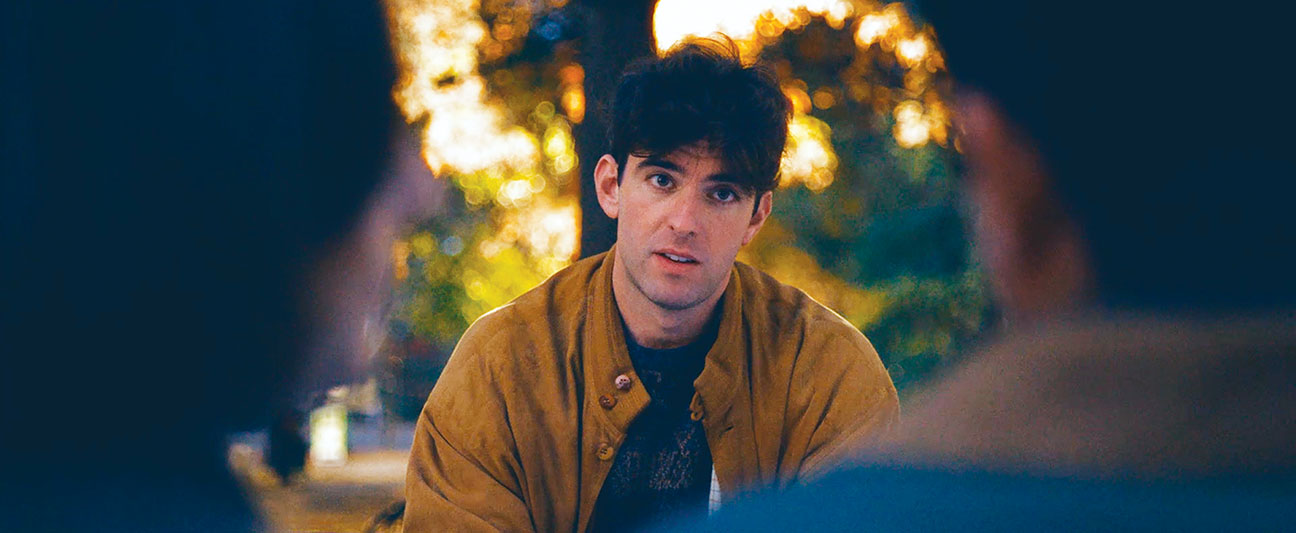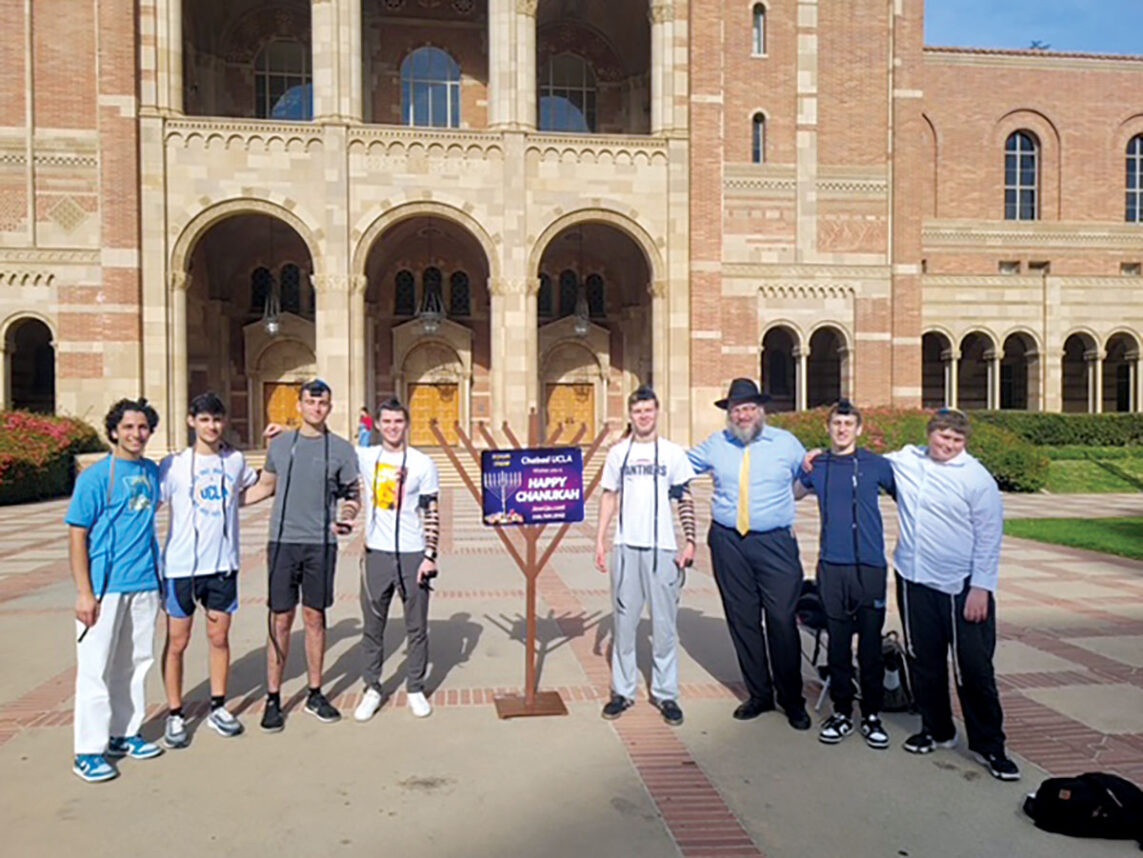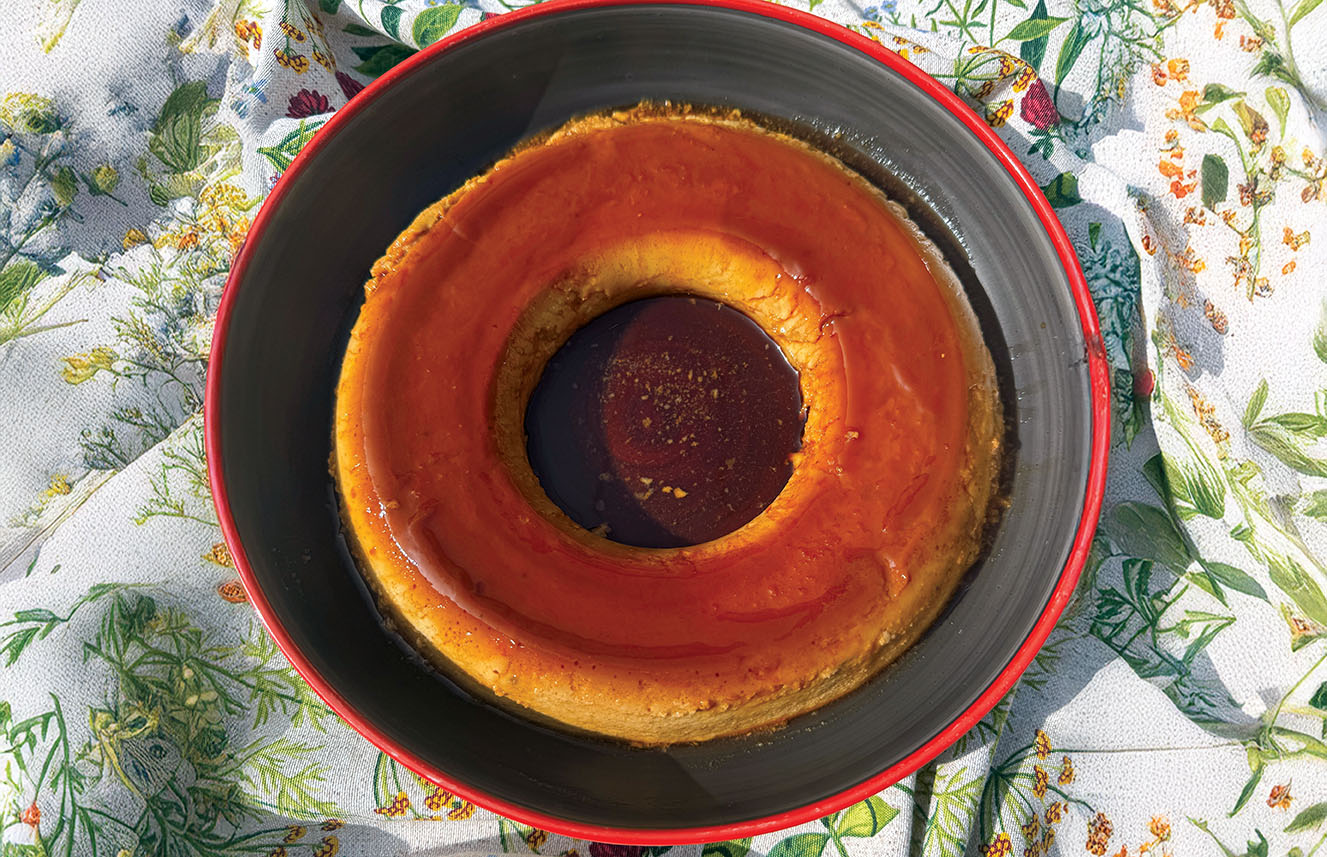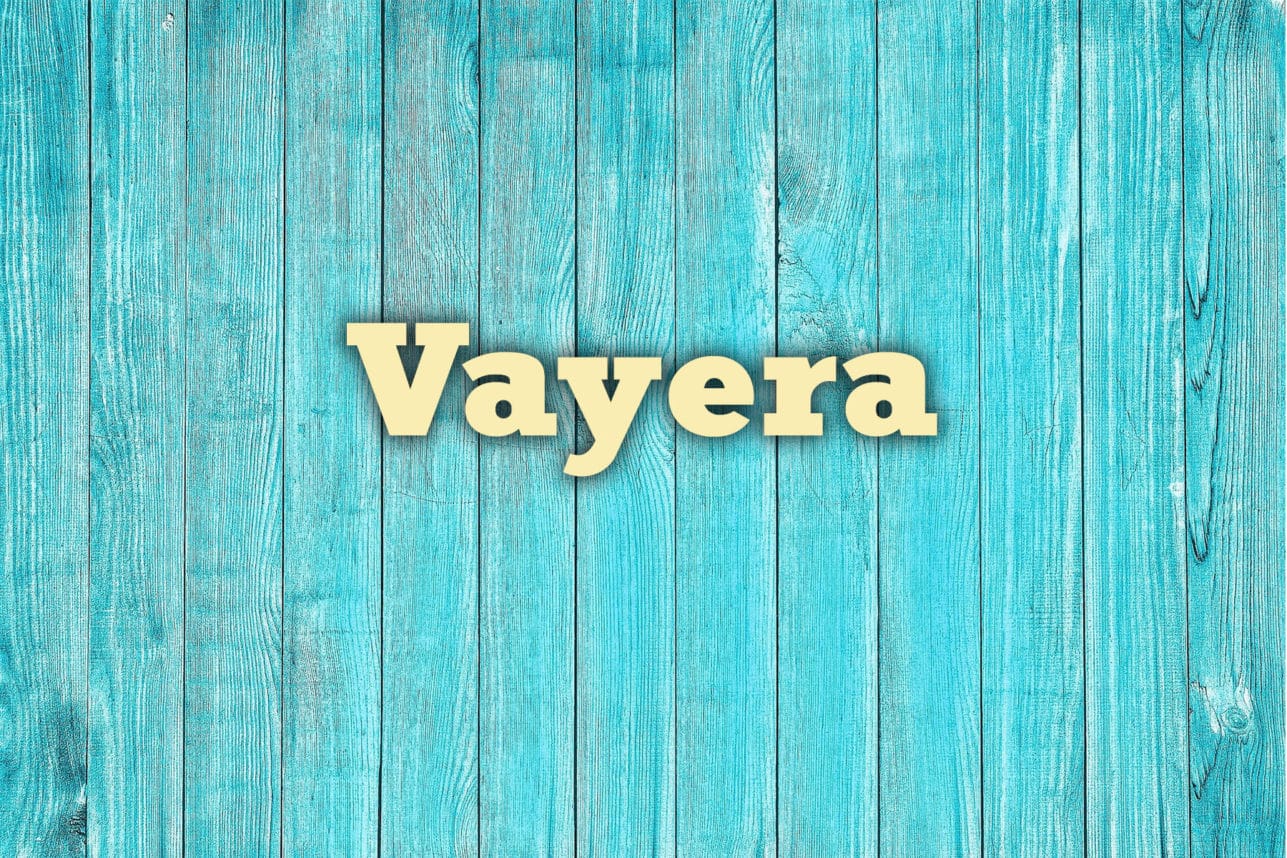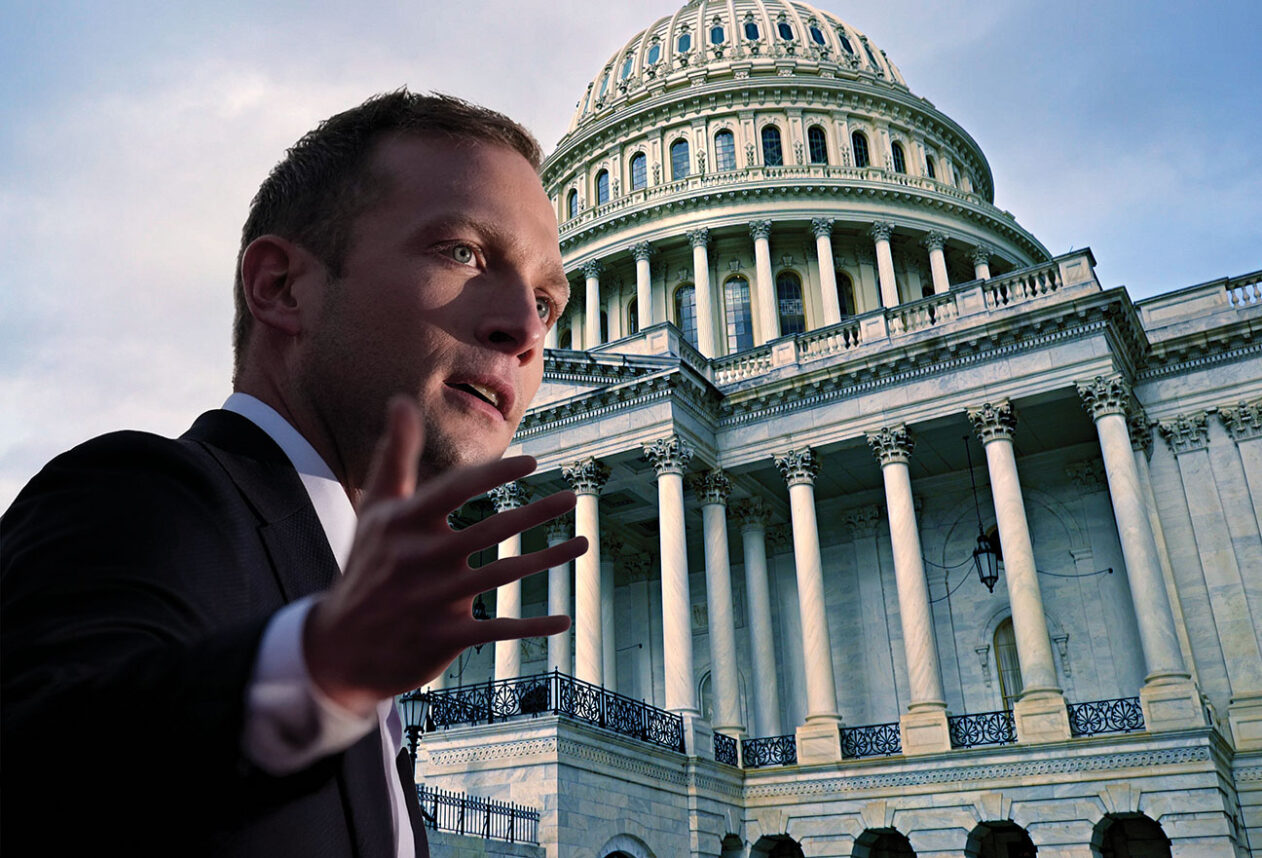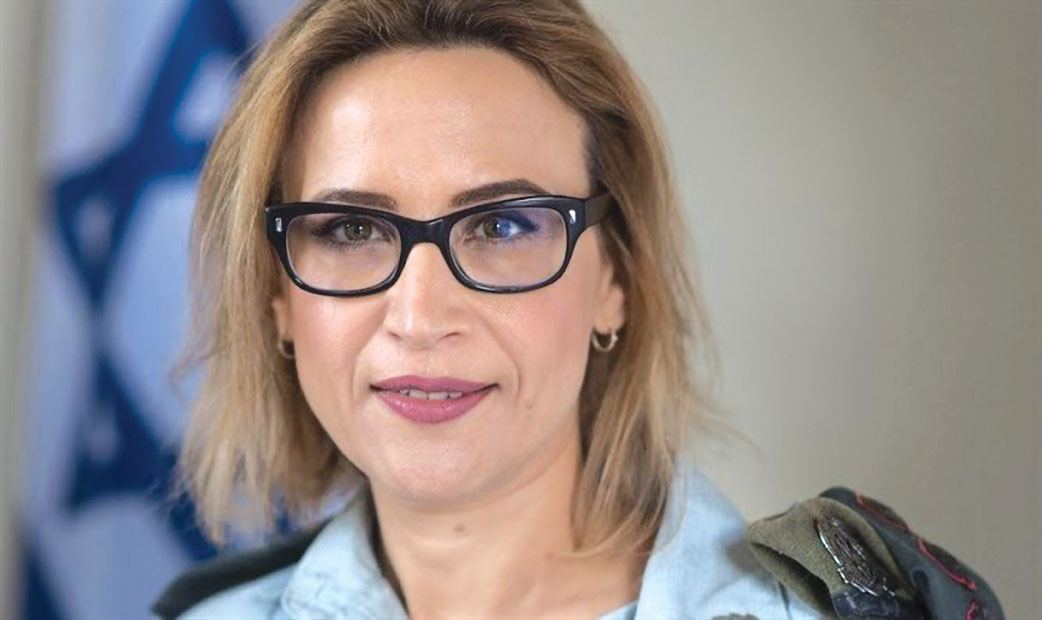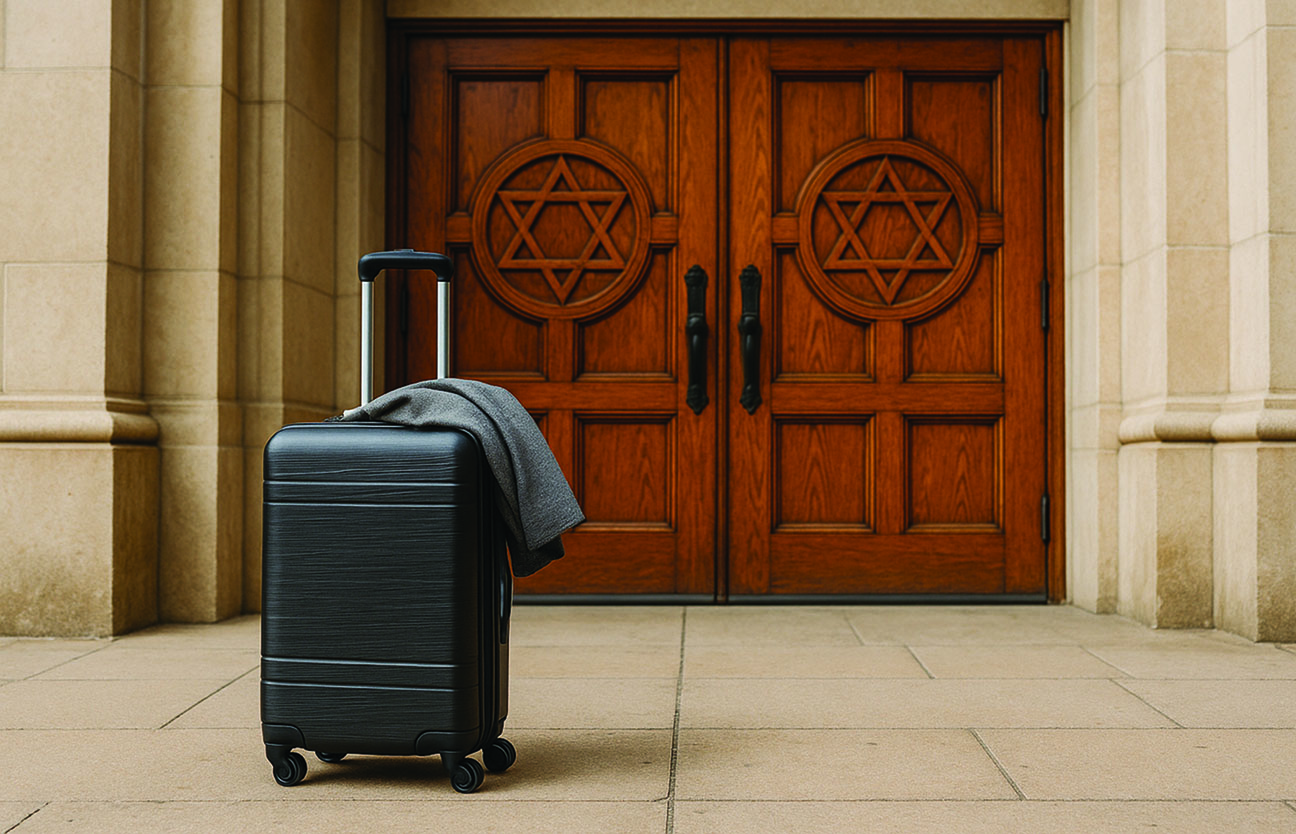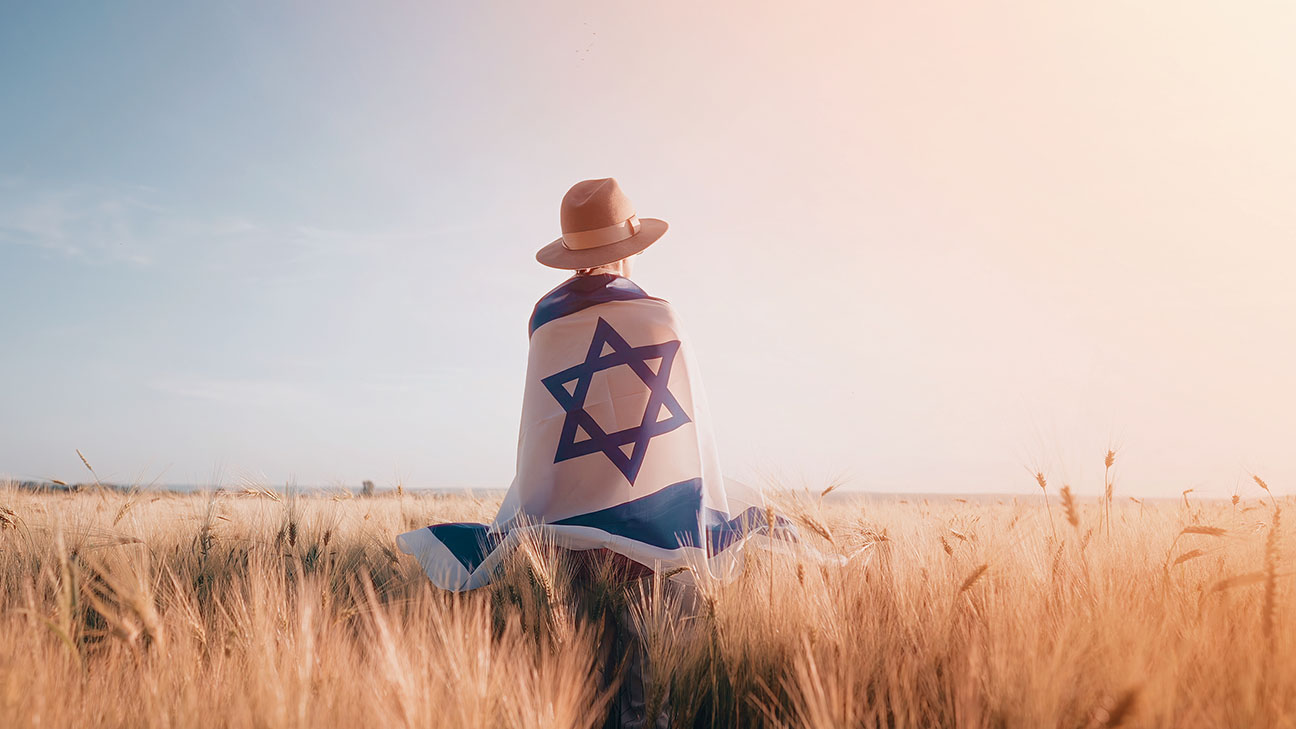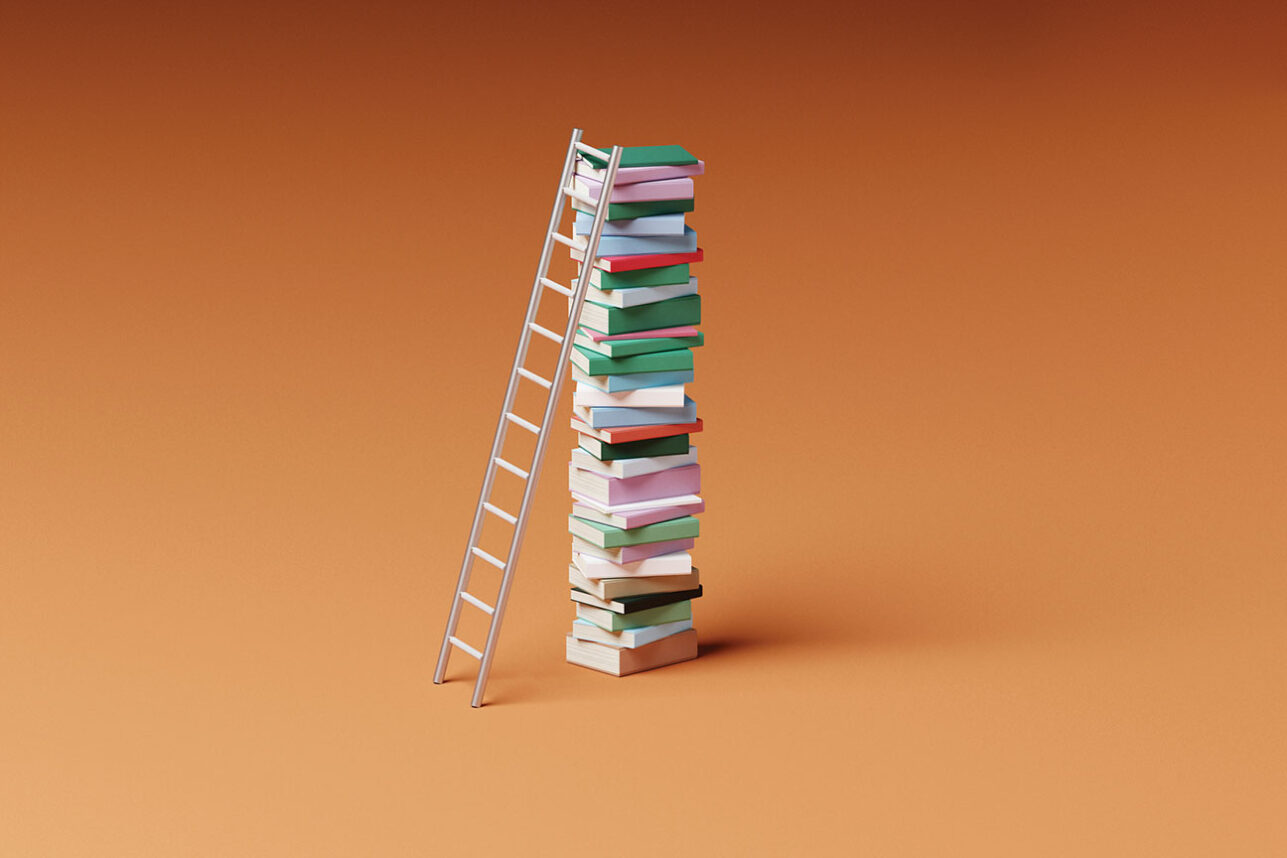Seven minutes into Summer Phoenix’s audition for "Esther Kahn" — about an 1890s Jew who wants to become an actress — director Arnaud Desplechin hastily left the room. "The casting directors were like, ‘OK, thank you,’" recalls the exuberant, almond-eyed Phoenix, sister to actors Joaquin and the late River. "I walked away, but then I just started sobbing and I ran back up the stairs. I cried, ‘Esther Kahn’ is the role I’ve been waiting for. This can’t be my last chance.’"
Which is when the casting directors explained the bizarre reason for Desplechin’s hasty exit: Phoenix looked exactly like the London Jewish immigrant he’d envisioned as his heroine. Her 19th century photo hung in his Paris office. The director hadn’t left the room because he had been disinterested — he’d run outside to be sick.
"Arnaud is pretty intense," concedes Phoenix, who nevertheless had to prove herself in three more grueling auditions before landing the role in Desplechin’s moody, slow-moving film. She’d all but given up hope when the call came from France seven months later — in winter 1998 — the same day she learned Joaquin had been cast in "Gladiator." "Will you be my Esther Kahn?" Desplechin said in his thick French accent. A stunned Phoenix was on a plane to London that night. Five days later, production began.
The part was worth the wait. "I’d fallen in love with Esther," says Phoenix ("The Believer," "The Laramie Project"), now 24. "I identified with her. At the time, I was also an actress who was silently waiting for my chance. I just needed an opportunity to prove it, to show it, to be it."
During the exhausting, three-and-a-half month shoot, Phoenix drew on her mother’s Russian-Hungarian Jewish roots to play Kahn, who toils in her immigrant family’s sweatshop before entering the theater. "The Jewish slum life of London’s East End was not unlike the Lower East Side in the 1890s," she says.
By the time Phoenix’s mom, Arlyn Dunetz, was born in the Bronx in 1944, the family consisted of cultural Jews who celebrated the holidays but did not attend synagogue. In 1968, Dunetz, weary of her conventional secretarial job, left her Jewish neighborhood, according to Us magazine. Hitching west, she was picked up by John Bottom, the lapsed Catholic who would become Phoenix’s father. Summer, the youngest of their five children, was born after the family fled a Venezuela-based Christian cult and moved in with Dunetz’s parents in Florida.
During her unconventional childhood, Summer traveled the country in a motor home and, after her family moved to Los Angeles, began performing on the streets with her siblings. She ate strictly vegan food, starred in TV sitcoms, was home-schooled and in her teens, worked in her father’s veggie restaurant in Costa Rica. Her maternal grandparents were a solid presence throughout her nomadic life: "Though my mother became Christian for a time, that never mattered to them," she says. "While Judaism was important to my grandparents, they were very open-minded. My grandmother died two months before I went off to make ‘Esther Kahn,’ and I felt like I was really doing the movie for her. I was just so proud to bring the Jewish part of me out in that film."
The movie was like Judaism 101 for Phoenix. During the rehearsal period, she visited Jewish museums, studied photographs of 19th century Jewish life and pored over English-language translations of Yiddish plays. Her Jewish education continued when Henry Bean cast her as a fascist who studies Torah with her conflicted Jewish neo-Nazi lover in "The Believer."
Bean has said he wrote the role especially for Phoenix after meeting her at a dinner party two years ago. "There was this moment when I encountered Summer in the kitchen washing dishes with one hand and smoking with the other," he told TV Guide. "There was just something about that that fascinated me. I mean, here was this girl who’s so [healthy], she’s never eaten any animal product in her life, and she’s standing there smoking a cigarette."
While the actress was initially hesitant to accept the controversial role, Bean’s powerful script eventually won her over. One of the best parts of the shoot: Chanting Hebrew prayers and attending synagogue, she says. "Just being in temple and learning the blessings for the first time in my life was very powerful," she adds.
But Phoenix insists it wasn’t paradoxical to go from playing a Jew in "Esther Kahn" to a neo-Nazi in "The Believer" (which earned her an Independent Spirit Award nomination). "I focused on the fact that the characters were both girls struggling to become women," she says. "They were both trying to find their places in the world."
The protagonists also struggle to accept themselves, sometimes with which Phoenix can relate. "When I was a teenager, I remember realizing I was different and not liking my differences," she says. "I had a weird name, I didn’t go to high school, I was vegan. But as you grow older, you realize the beauty in being unique. You realize that being different is special."
"Esther Kahn" opens today in Los Angeles. "The Believer" opens in L.A. theaters on May 17.










